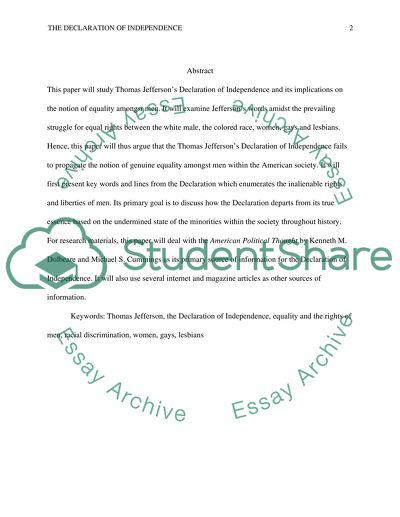Cite this document
(“The Declaration of Independence and Its Irony for Equality Term Paper”, n.d.)
Retrieved from https://studentshare.org/social-science/1414914-declaration-of-independence-critical-analysis
Retrieved from https://studentshare.org/social-science/1414914-declaration-of-independence-critical-analysis
(The Declaration of Independence and Its Irony for Equality Term Paper)
https://studentshare.org/social-science/1414914-declaration-of-independence-critical-analysis.
https://studentshare.org/social-science/1414914-declaration-of-independence-critical-analysis.
“The Declaration of Independence and Its Irony for Equality Term Paper”, n.d. https://studentshare.org/social-science/1414914-declaration-of-independence-critical-analysis.


